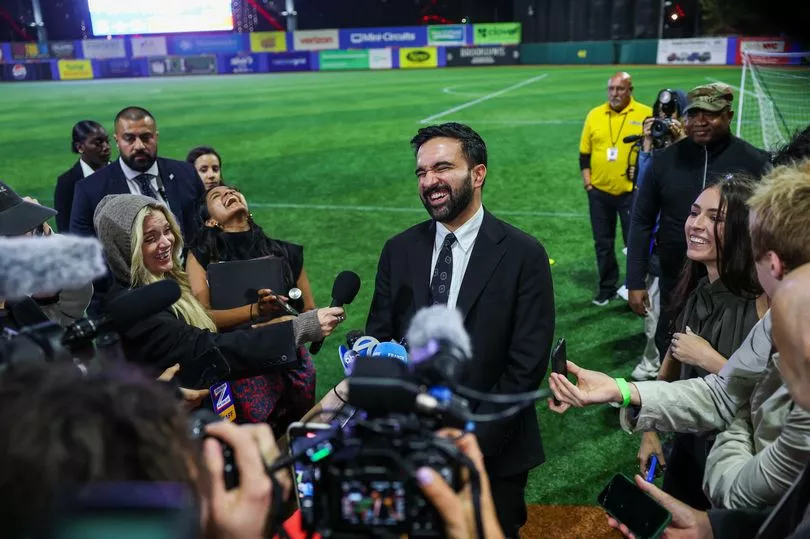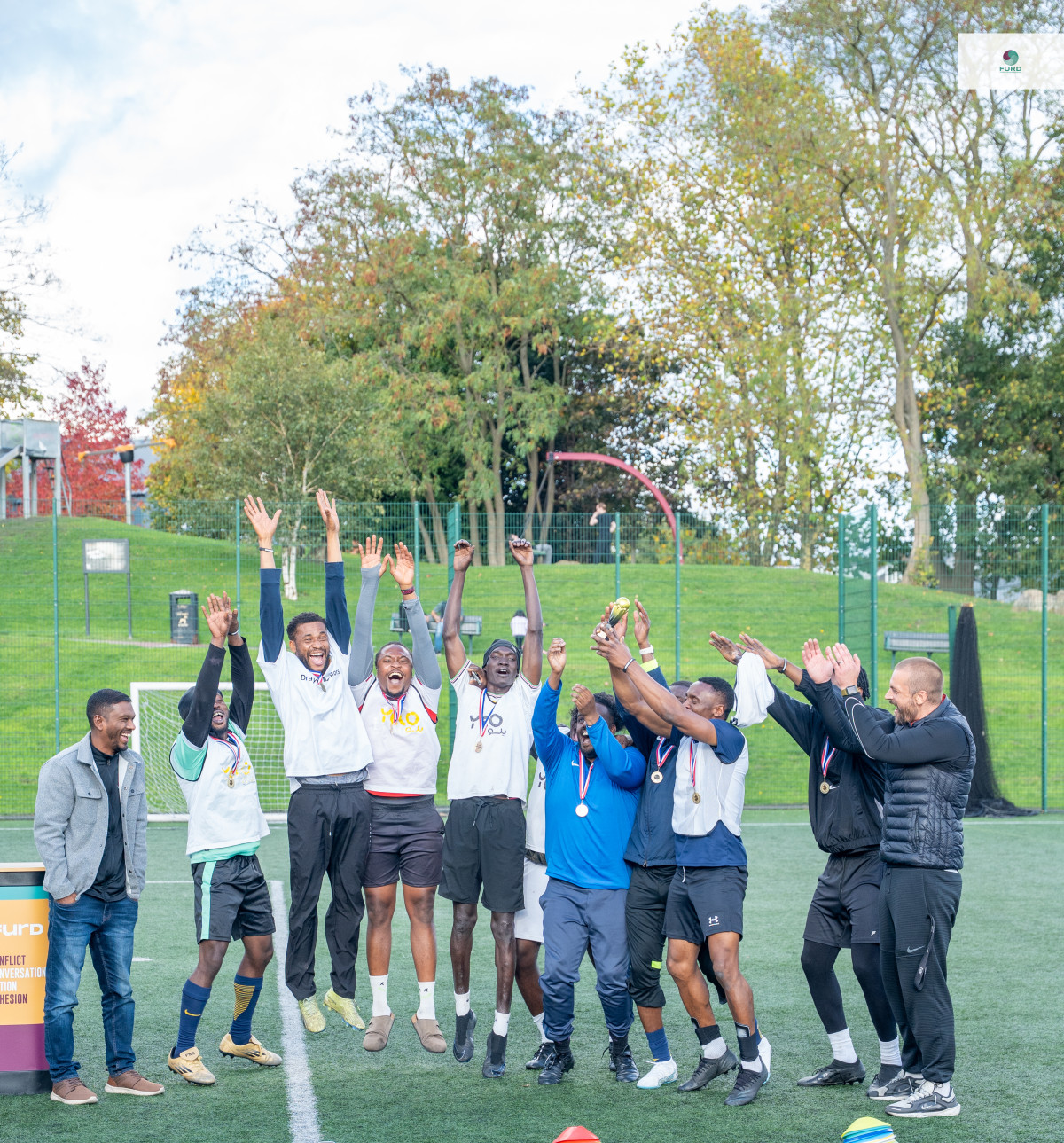"Football is not a sport for girls, so you adults say," says the young narrator of the film, mischievously. "We do not need to learn responsibility and leadership. Football teaches you all these things. But it's for boys, so girls do not need them. That is what you adults have decided."
Of course, the evidence would suggest otherwise. Football can play a key role in helping to empower and build the confidence of women and girls, which can be much needed in a country like Russia where football is male-dominated.
All of which makes the work of one particular project, running week in and week out for the last four years in the shadow of the Luzhniki Stadium – where Russia will kick off the men's World Cup on June 14 next year – all the more important.
"'GirlPower' is a football school for women," says club project manager, coach and player Galina Shatilova. "This is the first, unique and biggest football school for women in Russia.
"We have about 200 women playing and training on a regular basis. They come to train and play three times per week, then we have a fourth day for games, championships and tournaments.
"It started after our football academy for children was opened. We started training children and then realised there were a lot of mothers and women around. So it was suggested that we start training for women – and that is how we have what we have today, and it is still growing – even more women and girls come. It is beautiful!"
Galina hopes the men's World Cup will at least provide an opportunity to shine a light on the women's game in Russia, where for every 150 boys involved in football, there is only one girl playing.
"Football is often still seen as a sport just for men, especially in Russia," says Galina. "There are a few clubs for women in Russia – but it is not popular or that interesting for society.
"So often we hear 'oh no, a women playing football is not football at all'."
It is this mis-conception which is indicative of the subjugation of the 'fairer sex'. Girls are expected to behave a certain way as they grow up, and Galina believes football could help to challenge this stereotype from an early age.
As the film states, "equal rights begin from childhood". Galina herself coaches mixed groups of children aged five to seven years old.
Game-changing moment
"It's clear that a lot of these things start in childhood," she says. "When you are treated as 'just a girl' by society, your behaviour should be calm, a bit shy and not too confident. This expectation impacts on the personalities of young girls.
"What we want from adults is to treat each other with new principles, and stop the stereotypes around boys and girls, men and women which have been going on for many, many years. It's almost impossible to create new principles or a new vision, and get it into the head of adults.
"So if we think about self-confidence, we need to think about families, parents, the girls and how they train, including boys and girls training together. This is why at our Academy, we have boys and girls playing together."
Galina adds: "Of course we play football for joy and for pleasure, and we like the team spirit and having a healthy lifestyle. But it's also possible to say that with each training session, you feel like you are finding a better version of yourself. Football helps you to grow and develop, and to relax about your day-to-day problems. It helps you to show who you are."
As part of its involvement in the Fare network Football People action weeks now taking place across 50 countries, Girl Power held an open day at its headquarters last weekend, to invite more women and girls to get involved with the club, and to talk about equality and tackling discrimination. Word is spreading about the club, says Galina, and helping to challenge those misconceptions.
"It's a serious process"
"For a few years now we have been training at the biggest stadium in Moscow, and lots of men's clubs train around us. I can see they are interested and respect us. They see us three times every week, even when it's minus 20 degrees! They see that it's a serious process.
"The media in Russia has written about us, but we need to create more attention, because okay we meet and train and play our amateur games with other teams, but it's not only about us – we are trying to impact on society."
In April, GirlPower held the first international conference about women's football in Russia, in conjunction with the Fare, and attended by the Russian Football Union. They have also attended FIFA events in Zurich.
Galina adds: "It's great for us to be part of the Fare network, we have such respect for them. We need to see what is going on in other countries and to be aware of all the projects, because without comparison and this international experience, it's not always possible to choose the right direction. We try to collect and analyse information, and make it work in Russia."
It's a process which will surely enable Russian girls to say one day soon that not only does women's football exist in their country, but that it is very much alive and kicking.
Simon Lansley for Fare network





